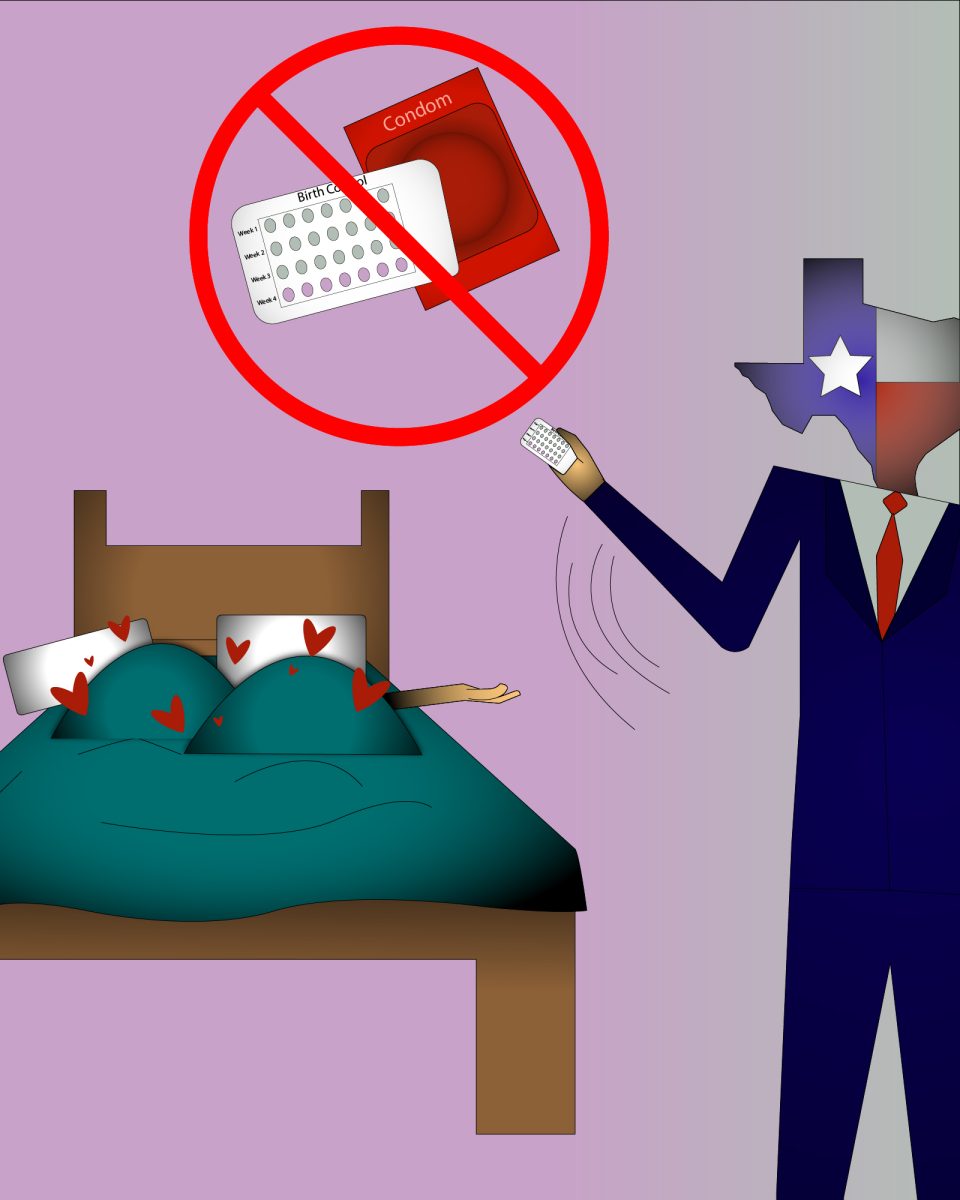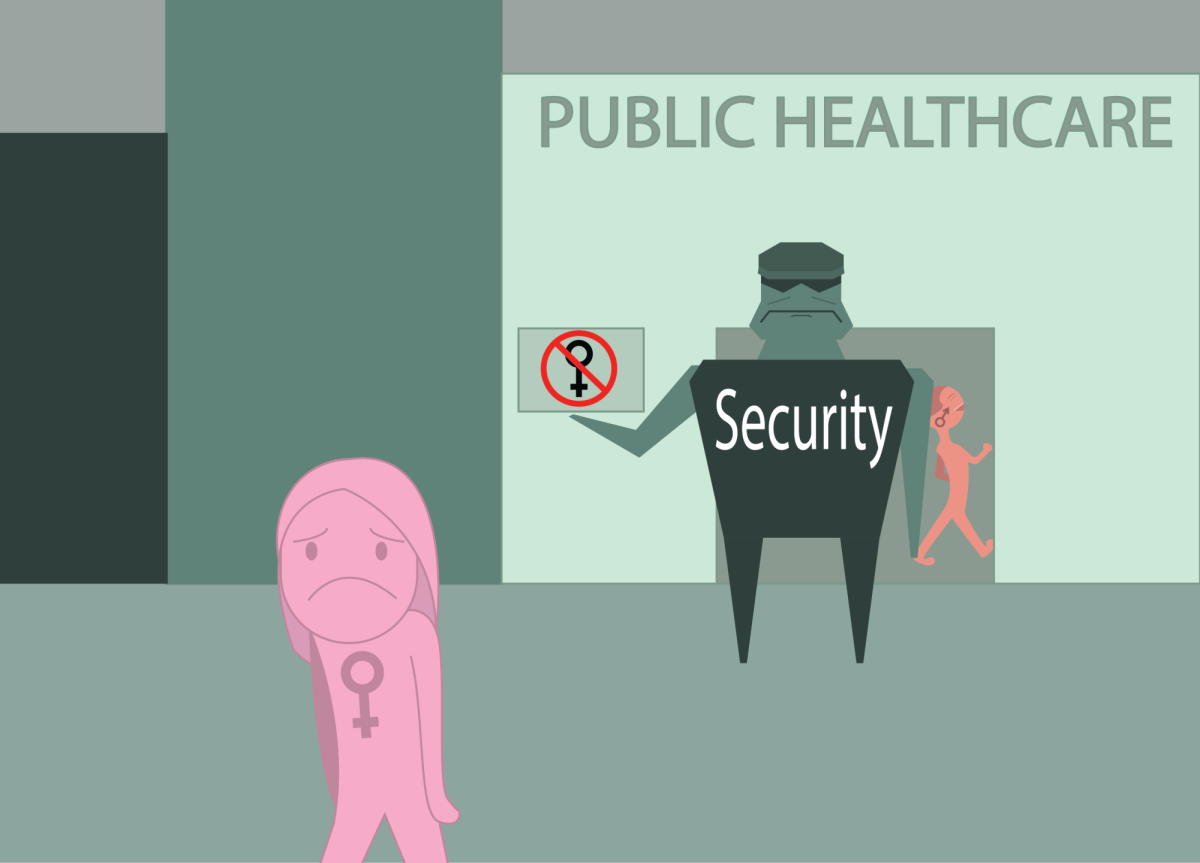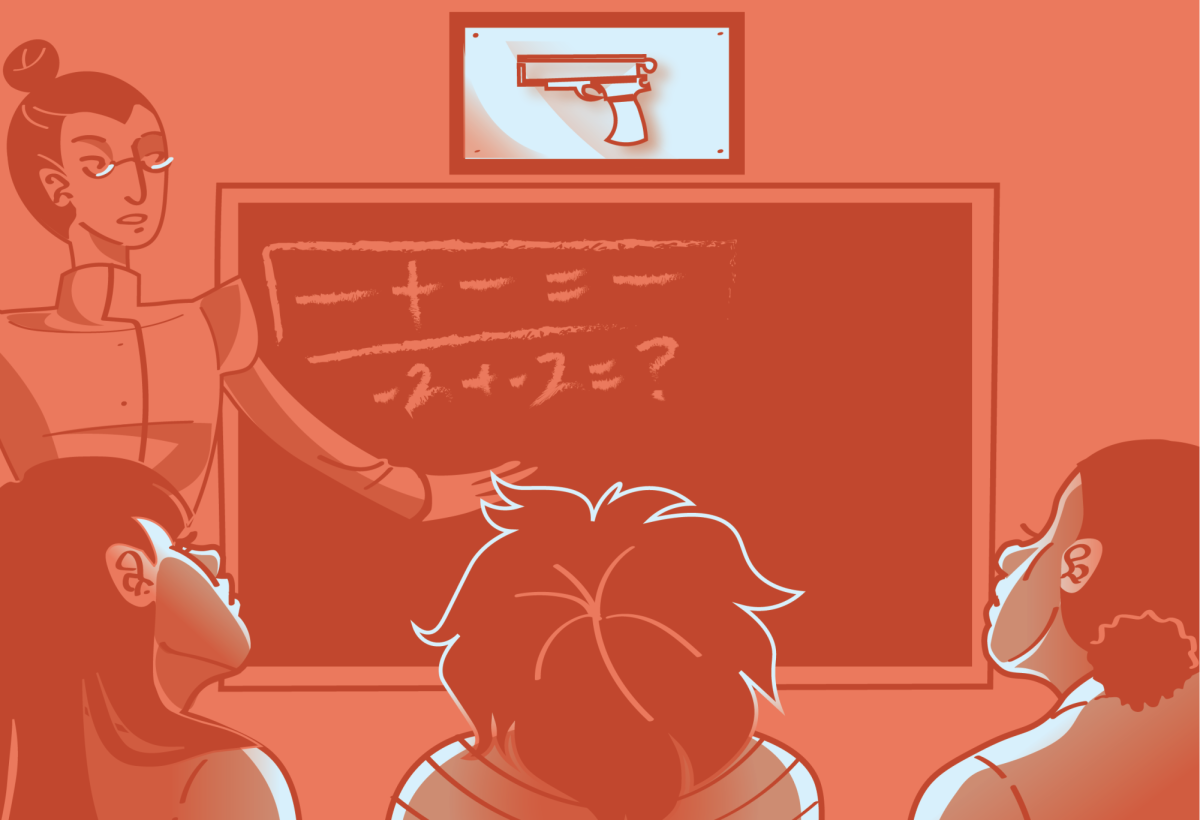Sex; this is a topic often seen as uncomfortable, awkward, or forbidden to discuss, especially among adolescents. However, according to the Centers for Disease Control (CDC), in the years 2015 through 2017, 42% of females and 38% of males between the ages 15-19 had sex. With a significant number of the teenage population being sexually active, why is this topic such a taboo among this age group?
According to NPR news, a federal program, Title X, mandated that certain clinics could provide contraceptives, including birth control, to minors without parental consent.
The Texas Tribune reported that a recent court ruling has denied Texas teens access to birth control without parental permission, for over a year. An appeals court is now debating the issue before providing the final verdict on this attack of teenage reproductive rights.
This threat to bodily autonomy comes amid Supreme Court decisions to rescind Roe v. Wade, and Dobbs v. Jackson Women’s Health Organization: both intended to protect access to reproductive healthcare, such as abortions.
The same NPR article indicated that Texas has among the highest teen pregnancy rates in the United States. Birth control should not be restricted for minors in a state where teen pregnancies are so prevalent, and abortions are illegal.
One reason why minors must have unbarred access to contraceptives is because the risk of teen pregnancy increases significantly when not using contraception during sex. For example, according to an article by Harvard Law, young women between the ages 15 and 19, who didn’t use contraception when first having sex, were twice as likely to become teen mothers.
Additionally, Planned Parenthood is able to provide minors access to condoms without a parent’s permission in Texas. However, parental consent is necessary for prescriptive birth control, jeopardizing an individual’s bodily autonomy.
According to The Cleveland Clinic, forms of hormonal birth control are more effective in preventing conception than barrier methods such as condoms. Therefore, by blocking access to this basic healthcare, the government possesses control of consequential decisions regarding an adolescent’s body and future, taking that right from the individual.
Furthermore, a lack of access to contraceptives significantly impacts poverty rates. When young individuals are denied the right to plan when to have children, they must juggle the taxing responsibility of caring for a child with finishing their education. This may affect their future career options, potentially leading to financial instability.
NPR reported that only half of teen moms earn their high school diploma by age 22, and their children are more likely to drop out of high school or be incarcerated during their teen years. According to the Texas Adoption Center, minority groups are also more likely to be affected by teen pregnancies.
While some individuals believe that abstinence is a better solution, statistics display clearly that encouraging celibacy is ineffective. According to the Texas Adoption Center, while 50% of high schools in Texas teach abstinence-only sex education, a study conducted in 2019 displayed that 42.7% of Texas adolescents had engaged in sex at least once.
This data points to one conclusion; that teaching teens that abstinence is the most effective form of birth control just doesn’t work. The only way to decrease the number of teen pregnancies in Texas and promote safe sex practices among adolescents is to provide teens with access to all contraceptives, whether or not they have parental permission.
Restricting access to birth control for minors will only result in detrimental effects. This decision may also cause teens to feel uncomfortable communicating with their parents about sex if the messaging they receive from society indicates it’s something that shouldn’t be discussed.
In order to create a society that actively encourages sexual and reproductive health, it is imperative to invite adolescents into the conversations surrounding this topic and put the emphasis on education rather than shaming.
Categories:
Teens need contraceptives
Texas courts should not require parental consent for birth control
January 9, 2024
According to NPR news, a federal program, Title X, mandated that certain clinics could provide contraceptives, including birth control, to minors without parental consent.
0
Donate to The Dispatch
$100
$1000
Contributed
Our Goal
Your donation will support the student journalists of James Bowie High School. Your contribution will help cover our annual website hosting costs. Any contributions made through this service are NOT tax deductible. If you would like to make a tax deductible donation OR to subscribe to our print edition, please contact us at [email protected].
More to Discover














